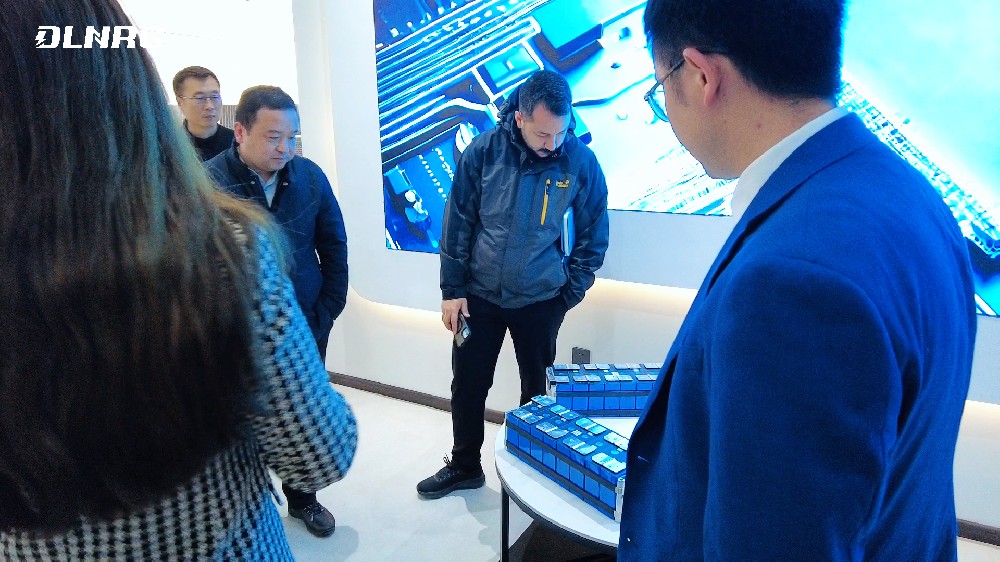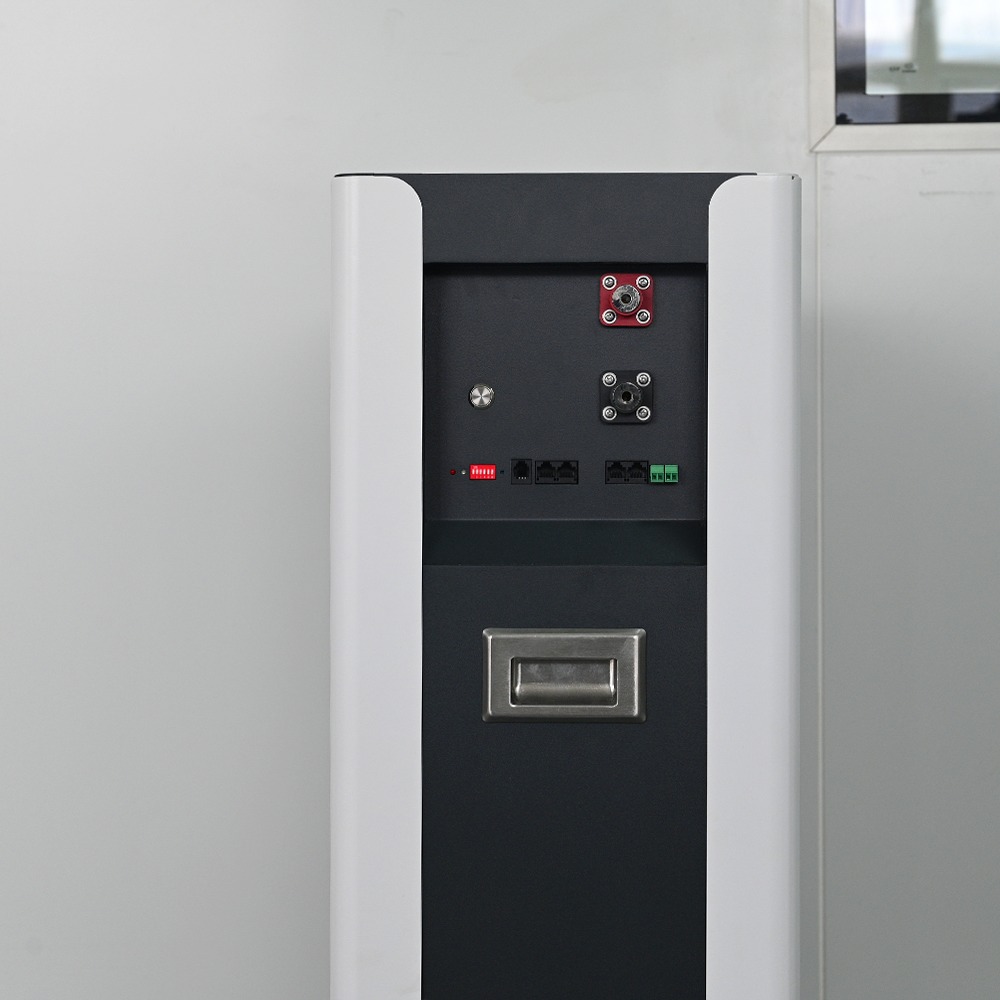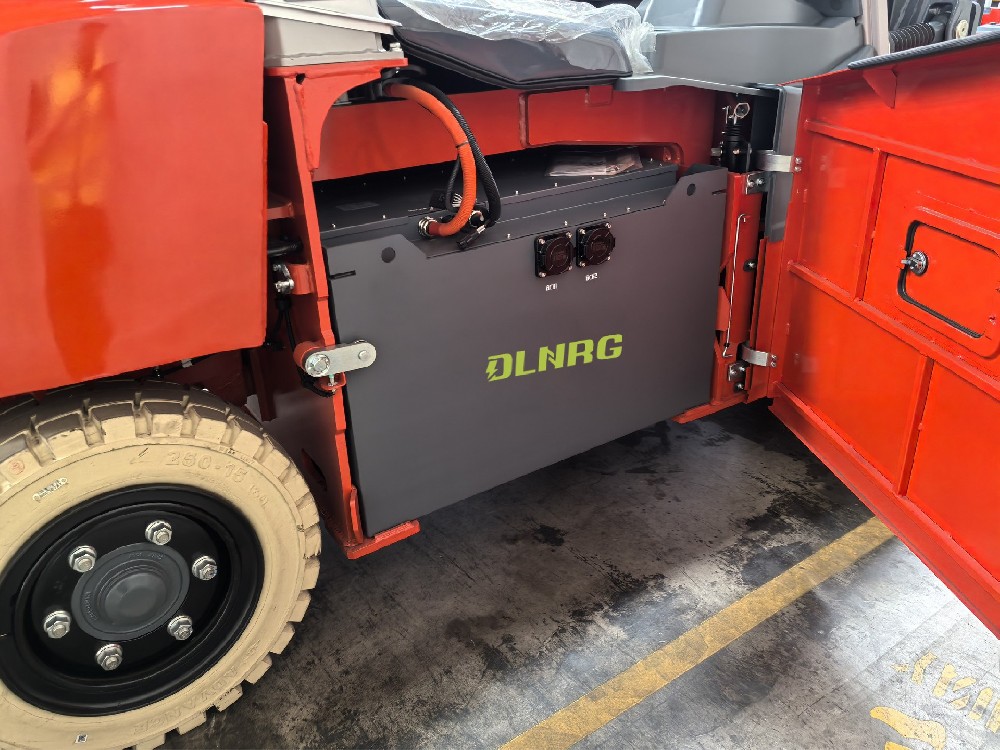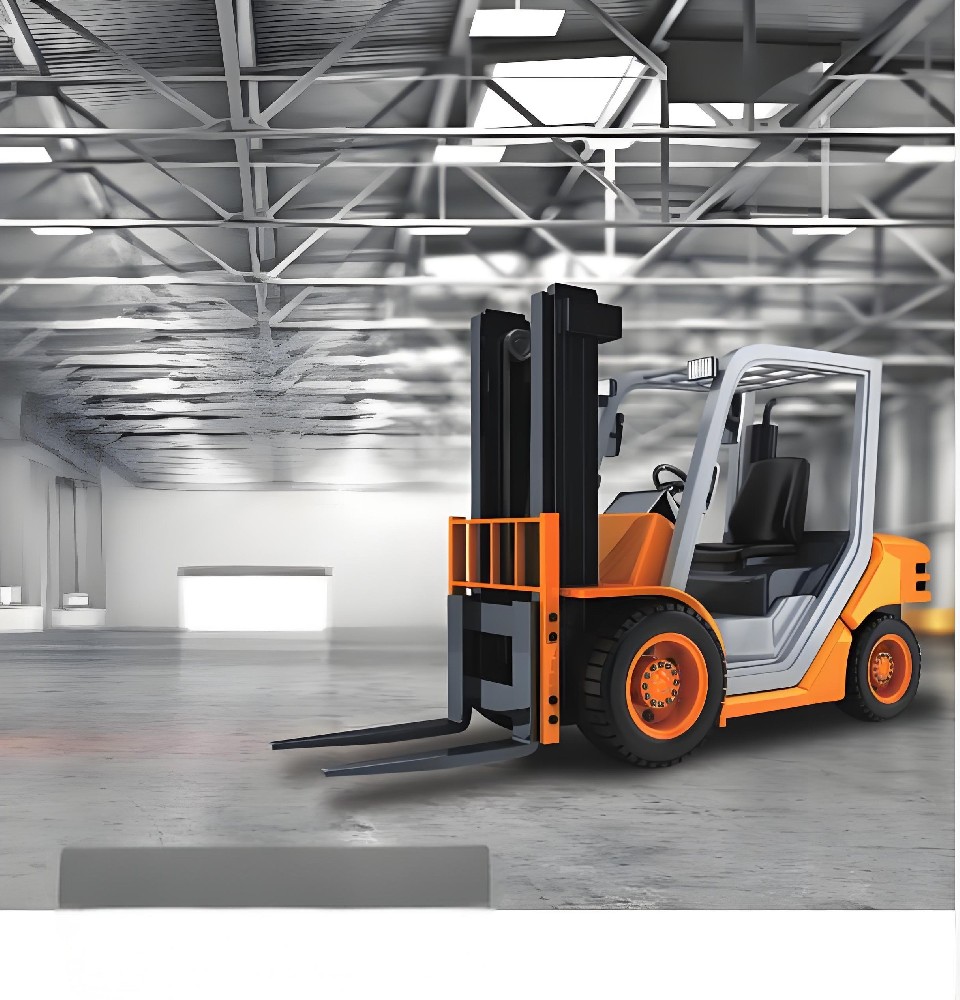The innovation of lithium battery technology for forklifts has made significant progress in terms of safety, durability and environmental protection, and the following is a detailed exploration of these aspects
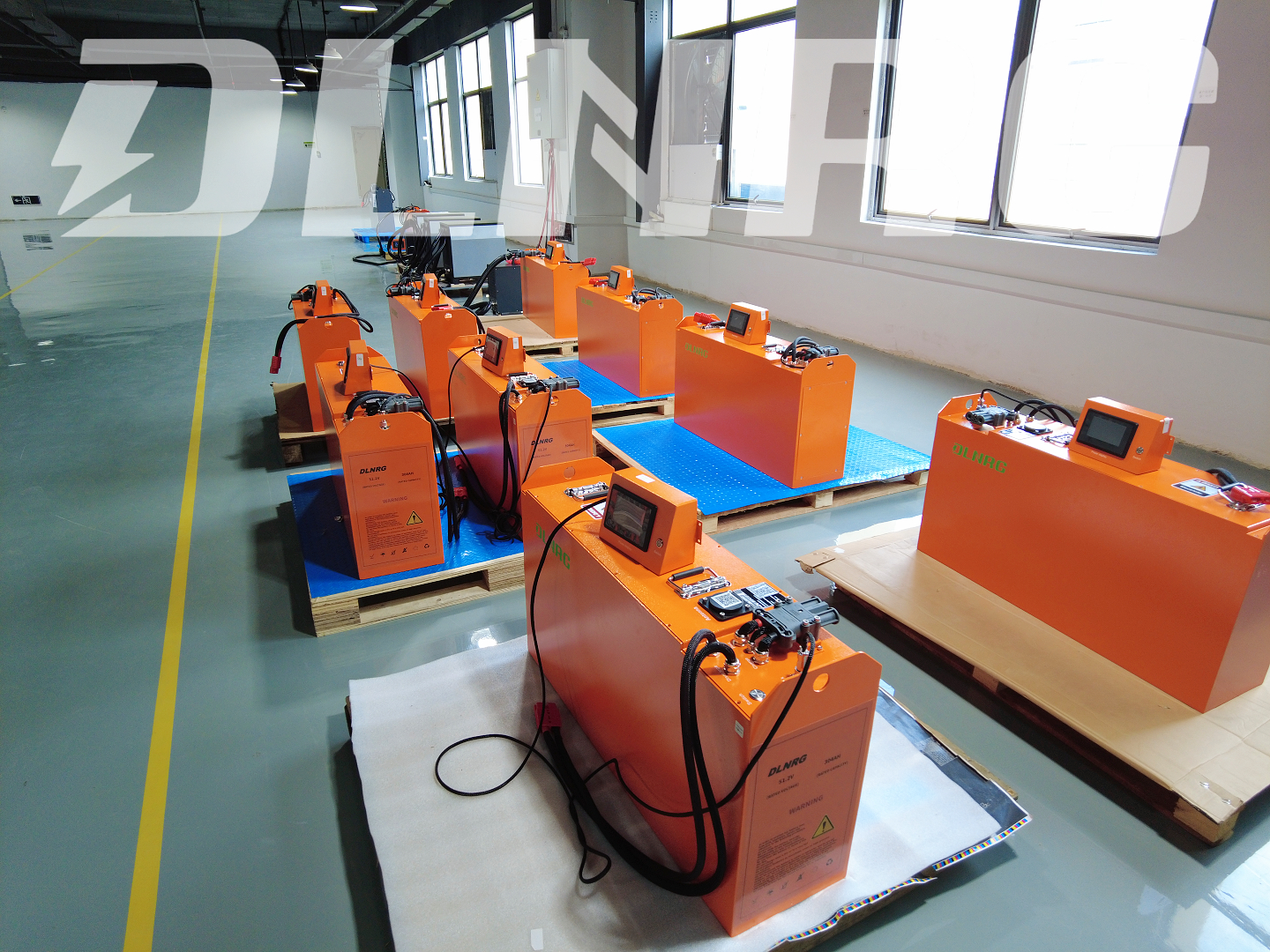
security
Intelligent Battery Management System (BMS) : Many forklift lithium batteries are equipped with an intelligent battery management system, which can monitor the battery status in real time, including key parameters such as power, temperature, and voltage. Once an anomaly is found, such as overcharge, overdischarge, short circuit or high temperature, BMS will take immediate measures, such as cutting off the main circuit, to prevent the occurrence of safety accidents. This intelligent management greatly improves the safety of lithium battery use.
Prevent overcharging and discharging: Overcharging and discharging are common safety hazards for lithium batteries. In order to prevent these problems, forklift lithium batteries are usually equipped with sophisticated charge control devices and power management systems to ensure that the battery is charged and discharged within a safe range.
Temperature control: The performance of lithium batteries is greatly affected by temperature, and too high or too low temperatures may cause damage to the battery. Therefore, the forklift lithium battery usually has a temperature control function to ensure that the battery works within the appropriate temperature range.
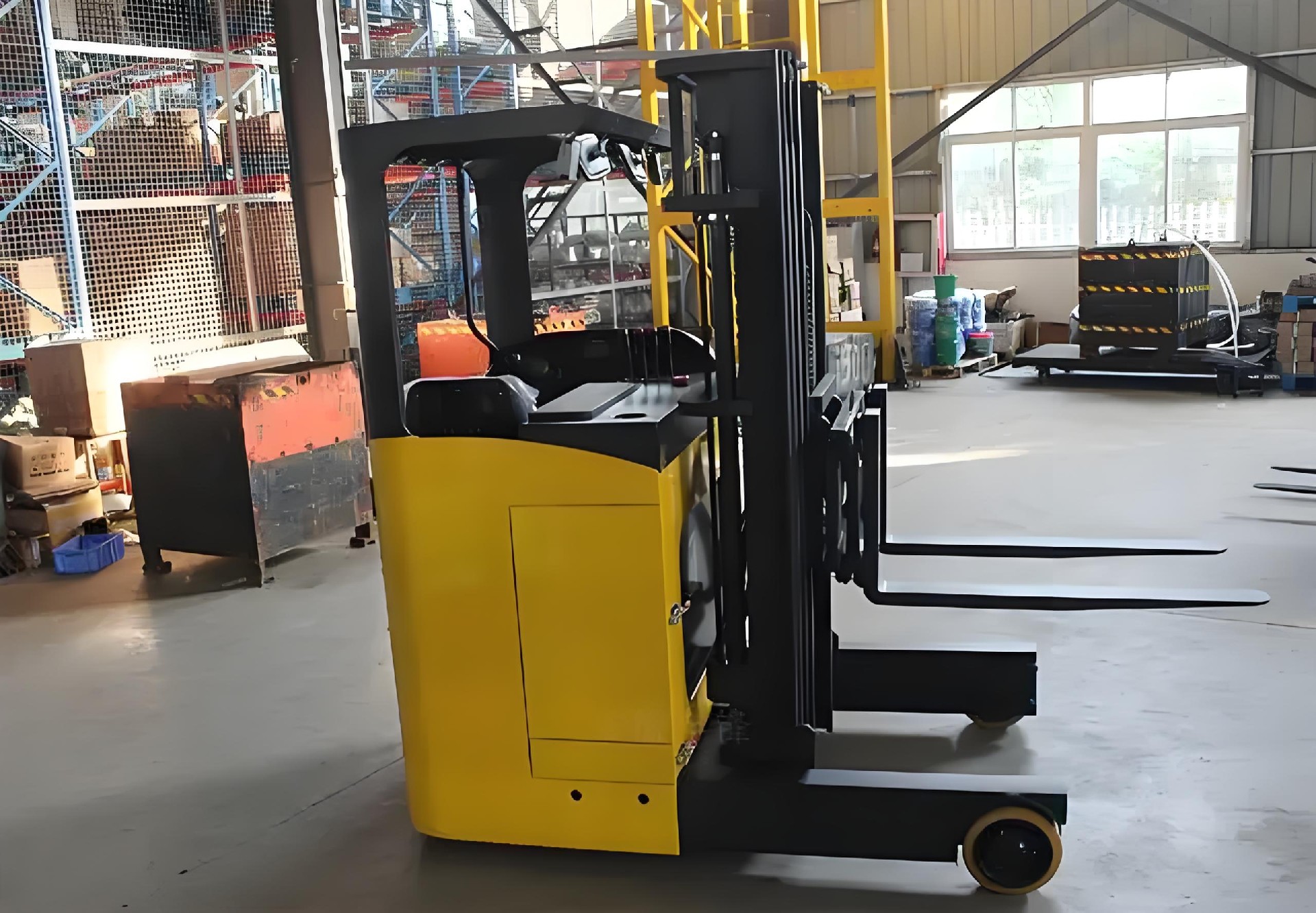
durability
Long cycle life: the cycle life of forklift lithium batteries is much longer than that of traditional lead-acid batteries, generally up to more than 2000 times, and the service life can reach 3 to 5 years, or even longer. This means that the forklift lithium battery can withstand more charge and discharge cycles, reducing the number and cost of battery replacement.
Low maintenance costs: Lithium batteries require almost no daily maintenance due to their advantages in structure and materials. Compared with lead-acid batteries, lithium batteries do not need to regularly add water and discharge maintenance, which greatly reduces later operating costs.
High energy and power density: Lithium batteries have higher energy and power density, allowing the forklift to provide more electricity and power under the same volume or weight. This improves the performance and load capacity of the forklift, while also extending the battery life.
Environmental protection property
No harmful substances: Lithium batteries do not contain lead, cadmium, mercury and other elements harmful to the environment, which is a more environmentally friendly energy choice. During charging and use, lithium batteries do not produce harmful gases or substances, which is conducive to improving the working environment and reducing the impact on the environment.
Zero emissions: Forklift lithium batteries do not produce any emissions during use, achieving the goal of zero emissions. This is of great significance for reducing air pollution and improving environmental quality.
Recyclability: Lithium batteries have high recyclability, and useful materials in waste batteries can be recycled after recycling. This helps to reduce resource waste and environmental pollution and achieve sustainable development.
In summary, forklift lithium battery technology has made significant progress in terms of safety, durability and environmental protection. These advantages make lithium battery forklifts gradually dominate the market and are expected to further promote the green development and technological progress of the forklift industry in the future.
